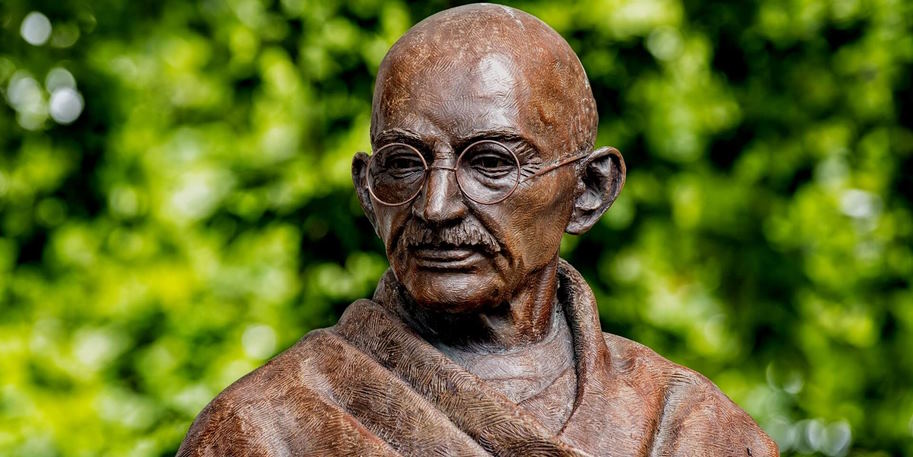Political systems across the globe have come under scrutiny in recent years, with many citizens calling for change and greater accountability from their elected leaders. In response, governments have introduced political reforms to improve transparency, promote citizen participation, and ensure fair representation. This article will explore the concept of political reform, its significance in modern democracies, and some of the challenges that arise in implementing these changes.
Understanding Political Reforms
Political reforms refer to changes in the political system, processes, and institutions that aim to improve the functioning of democracy. These reforms can take various forms, including changes in election laws, campaign finance regulations, and voting procedures. Political reforms aim to strengthen democratic institutions, promote citizen engagement, and increase accountability and transparency in government.

The Significance of Political Reforms
Political reforms are essential for maintaining a healthy democracy. In many countries, political systems have become increasingly corrupt and dysfunctional, with citizens feeling alienated from their governments. Political reforms can help to restore trust in government, increase participation in the political process, and ensure that leaders are held accountable for their actions. By creating a more responsive and inclusive political system, political reforms can help to ensure that governments reflect the will of the people they serve.
Challenges in Implementing Political Reforms
While political reforms can have many benefits, they are not always easy to implement. In many cases, powerful interests may resist change, and reforms may face opposition from entrenched political actors. Additionally, implementing reforms can be a slow and challenging process, requiring extensive planning and coordination across different levels of government. Moreover, some reforms may have unintended consequences, and their impact may not be immediately clear.
Political reforms are crucial for building and maintaining healthy democracies. By promoting transparency, accountability, and citizen engagement, these reforms can help to ensure that governments are responsive to the needs and desires of their citizens. However, implementing these reforms is not always easy, and many challenges must be overcome. Therefore, as we navigate the path toward a more democratic future, it is essential to continue to push for meaningful political reforms that improve our political systems and ensure that our governments are accountable to the people they serve.




































